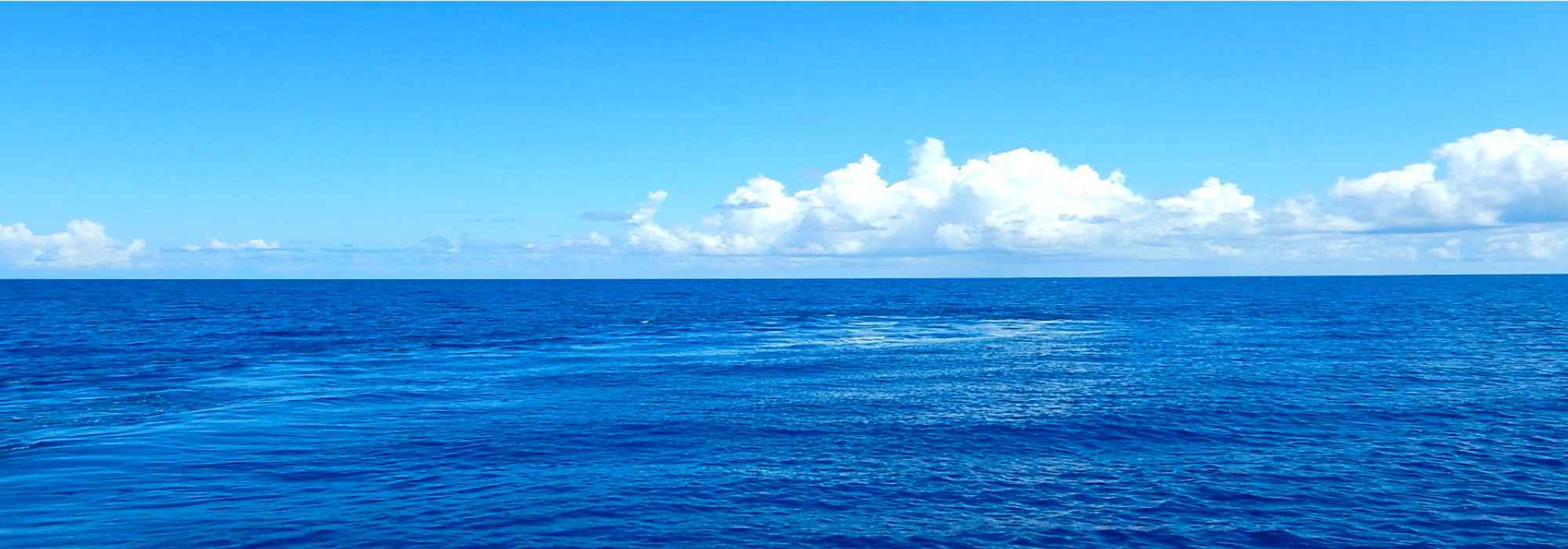Verbs
758 Entries
Tuvaluan
日本語/English
Notes
tiaki
v.
leave; abandon; desert
動
去る;放棄する;捨てる
tiakina
v.
leave, depart from -
動
去る,出発する
Taimi fea e tiakina ne koe Tuvalu? When are you going to leave Tuvalu?
Taimi fea e tiakina ne koe Tuvalu? いつツバルを発つ予定ですか.
tio
v.
1. stare
動
1. じっと見る,凝視する
v.
2. weave a fishing net
動
2. 漁網を編む
to
v.
fall, drop down
動
1. 落ちる;倒れる
fall (of rain)
2. (雨が)降る
Ko to te vaiua. It rains.
to ki lalo:倒れる.Ko to te vaiua. 雨が降っている.
tō1
v.
lay eggs
動
卵を産む
